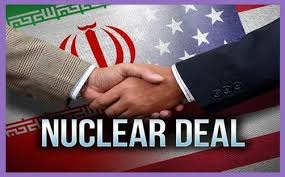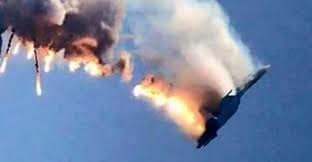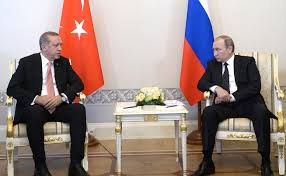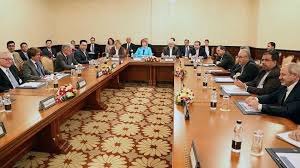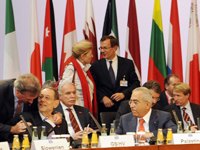Iraqi Kurdistan’s Relations with the US
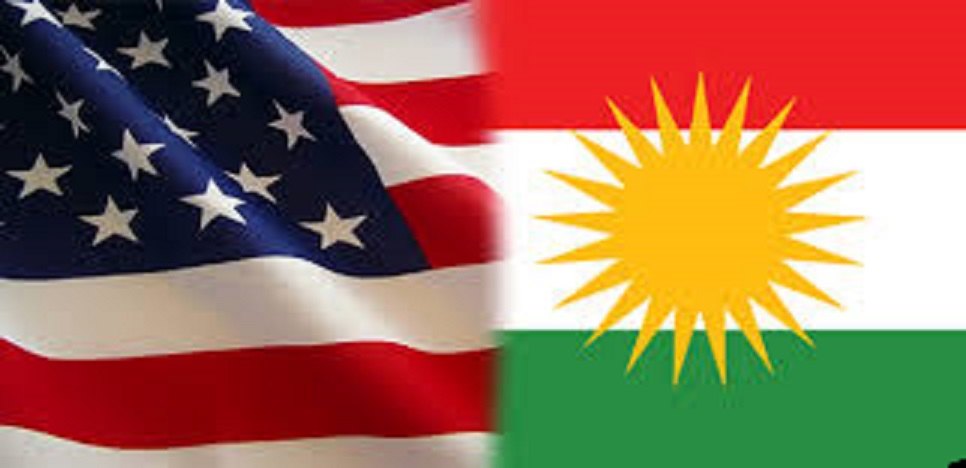
Jaffar Hghpanah
KRG is not only an effective player on the balance of power in Iraq, but also is known as an active player in the developments of Syria, Turkey and Iran.
The dynamic and extensive KRG foreign relations, especially with the US played a significant role in improving its position in recent years.
Almost all the major Asian, European and American governments having official relations with Iraq at the ambassadorial level have at the same time established an active Consul General in Erbil – the headquarters of the Kurdistan Regional Government- and some of them have also opened a consulate office in Sulaimaniyah.
Even Arab countries that traditionally opposed the existence of the Kurds and the weakening of the central government in Baghdad – in an obvious change of approach- have established widespread relations with KRG in order to curb pro-Iranian Shiite government.
After the Iraq Liberation Act under Bill Clinton, the functioning of the KRG and Kurdish parties in line with the US military operations to liberate Iraq was promoted.
Given the intensification of anti-US tendencies among the bulk of the Sunni Arab forces and the US distrust in major Shiite parties and elites as well as the Shiite-Sunni disintegration, Iraqi Kurds have acted as a reliable ally to the US and a mediatory and balancing force between Shiites and Sunnis.
After ISIS heavy attacks in northern Iraq and fight with the Kurds in Sinjar, Jalula and the outskirts of Erbil in summer 2014 and given the unfolding of the weakness of Peshmerga forces in the face of this vital threat, the US policy has been based on the military and political strengthening of the KRG.
For the first time during the visit of a high-level delegation from the US Defence department to Erbil in June 2016, a military cooperation agreement was signed between the KRG Minister of Peshmerga forces and deputy of Pentagon including the delivery of some military items, the presence of advisors and training and organizing Peshmerga forces.
For the US, the active role by Kurdish peshmerga in the liberation of Mosul is of a particular importance. They do not support the participation of Hashd al-Shaabi forces and Shiite Militia, under the pretext of its negative effect on fueling the Shiite – Sunni conflict in Iraq.
In the process of internationalization of the Kurdish problem, the US current approach in addressing the concerns of its allies (from Turkey to the Arab states) from the Kurds power has been very effective and as a result; these countries have become supporters of the KRG instead of being its opponents.
In sum, although the United States still lacks a massive strategy in the Middle East, measures taken by that country in strengthening its interaction with KRG and recently Syrian Kurds are logically compatible with Washington’s Middle East policies.
In the process of internationalization of the Kurdish problem, the US current approach in addressing the concerns of its allies (from Turkey to the Arab states) from the Kurds power has been very effective and as a result; these countries have become supporters of the KRG instead of being its opponents.
In light of this policy, the Kurdish issue has turned to a new competitive arena for the countries of the region in which Iran and Iraq on the one hand and Turkey, Saudi Arabia, UAE and Qatar on the other hand are playing their role.
The outcome of this competition in the internationalization of the Kurdish problem – where Iraqi Kurdistan also has a central role – provides the possibility of intervention in the Kurdish areas of Turkey, Syria and Iran for the US and its allies. As a result of this process, the Kurds issue can play an important role in the US Middle East strategy within the framework of regional balance and containment of the countries of the region.
In this context, the US as a the so called maintainer of the world order on the one hand insists on the preservation of territorial integrity and sovereignty of Iraq and on the other hand, establishes a de facto interaction with the KRG as an independent state in a way that at the meeting between the presidents of the US and Massoud Barzani, Iraqi Kurdistan flag is raised as a symbol of their privileged relationship.
In this framework, the Iraqi Kurdish leaders, particularly the dominant faction of the Democratic Party in a tactical way utilize the opportunities to improve their position.
But the historical experiences and analysis of the current situation based on the balance of power and show that there is always possible that surprising elements occur.
Obviously, the creation of new security arrangements without the participation and cooperation of regional powers and the removal of their security concerns will not be sufficient and stable and as a result would overshadow the interaction between Kurds and the US.

